Pin@y Educational Partnerships at skyline college
The 1st Final Presentation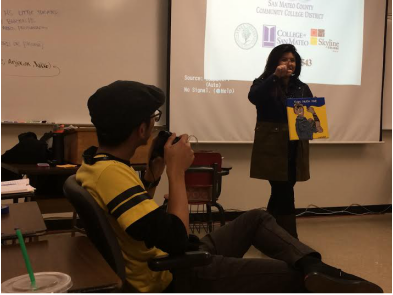 Venus Cayabyab was the first to present her Decolonization Project for the SOCI 142 Final. She presented early due to her early Winter Vacation during the actual final next week. Nonetheless, she put a lot of hard work into her project. Venus painted a Filipina Rosie the Riveter inspired by her own mom. By painting a Filipina Rosie the Riveter that depicts her mom, she shows how decolonization has shaped her perspective on herself, other Filipinas/Filipinos as well as her perception of beauty. She now embraces the "flat noses and brown skin" and is happy to contribute the Filipina into this world's cultural representation-- or at least in the SOCI 142 classroom first. Great job, Venus! Happy Holidays and have a fun and safe vacation! Final FeedbackAs the last day of the semester comes to a close, Jeremy, Kim, and Rod did their best to provide their best feedback for everyone's projects. After Venus' presentation, the students' photography and performances were critiqued by the teachers. The students, in turn, accepted their critique and are looking forward to thrive forward with their pieces.
Good luck to everyone!
0 Comments
Recommendations for Future Research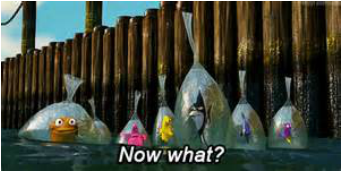 Current Method of Study Strobel explains that, in order to create a successful and genuine narrative, one must partake in "pagtanung-tanong:" drawing from the depths of the soul. In other words, one must be shamelessly digging deep into their identity to create a narrative. No holding back. No hesitation. No fake-ness. Decolonization Education Factors In order to educate future generations-- to decolonize future generations, one must take different Filipina/o-Americans' generations (post 1965, second, third, and etc.) and variables (e.g. class, gender, socioeconomic status, occupation) into consideration as it takes skill to create curriculum that carefully executes and caters to each factor and generation. The class then contributed to a large discussion about what new elements can future educators who plan to decolonize in their classrooms use to cater to these different decolonization education factors. 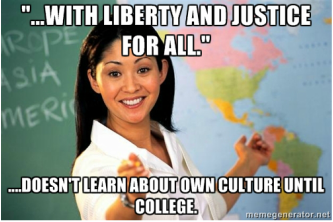 Conclusion The class learns, accepts and concludes that "there is a need to find new critical frameworks and a new language of discourse that goes beyond the classical assimilation and acculturation models of the immigrant experience" (Strobel, 126-127). In other words, in order to educate and decolonize future generations, educators must find new ways to accommodate the future generations' learning that isn't dated and is effective. ~Venus Grace Cayabyab What Makes Art Relevant?As we were broken up into our Barangays, Jeremy started the lesson off by asking, "What makes art relevant"? Well we all developed the idea that art itself is a form of emotional, physical, and psychological expression, but what makes it relevant? Venus explained how the reaction from the audience is the relevance of art. The way it moves people and the emotion art gives off. Mood is also another factor that is delivered in art. Ricky explains how the artists choice of color sets the audiences mood. For example, if the artist incorporates dark colors such as blues, browns, or blacks, it gives the mood of sadness, numbness, or depression. All in all, Jeremy states that art is the attempt to get a reaction, not just the art on the wall. It is the affect that art gives to its audience that makes art itself so timeless. What Makes Something Authentic?Poser vs. Real Motherfucker Poser - A person who attempts to impress others by assuming or affecting a manner, degree of elegance, sentiment, etc., other than his or her true one. (taken from the dictionary) Example: People who are aspiring artist such as dancers, musicians, photographers, etc., who like what they do but does not appreciate or lack the history of those aspects Real Motherfucker - A person who is not afraid to try or adapt to new things and have nothing to hide. They always urge for truth and genuinely accept and apprehend themselves for who they truly are. A Real Motherfucker lives for the past and the present. They respect and acknowledge the history of many aspects that follow up to the present. (too real to be in the dictionary) Example: Individuals that can go into deep measures bout what they love, not only relating to the future, but also being able to reflect on the past What does it mean to Decolonize? Lastly, Jeremy asked what it meant to be decolonized. The class came up with ideas like rejecting the assumptions/stereotypes that restrict us from growing as a whole and reconstructing our cultural identity. Luke shared that thinking critically comes with questioning power. To do so, you must research what power really means.
-Abby Manalac and Allyson Roa A C C E S S I B I L I T Y |
| Before getting into Rod's lesson on "Filipina/o American Social Movements: Filipino World War II Veterans", Rod gives the class some background information and other key words to think about as we jump into the topic. Rod speaks to us about EQUALITY vs. EQUITY and how these two words were of such great significance to the Filipinos who fought in WWII. He first draws a version of the illustrations above explaining how equality isn;t always as equal as you think. Equity, on the other hand, must require accessibility (same type of advantages), which Rod says, "Accessibility is needed to reach your fullest potential". |
Rod continues as he explains that the Filipino World War II Veterans had shed their blood, sweat, tears, and lives for fighting in this war. He also compares the Filipinos to the French as the French only fixed typewriters during the time. The benefits were given to them, as for the Filipinos, they did not. Filipinos have fought in WWII and many of them, practically all of them, did not receive their pension serving the war. Many of them even fought in both wars is STILL DID NOT receive their pension. All access to schooling, education, healthcare, and money - all things that should already be given to the veterans as pension - were ALL DENIED TO FILIPINOS.
"Filipinos fought the war, Americans didn't."
Rod, October 6, 2015
Rod, October 6, 2015
~ Darlene Charlotte Mamaril
NARRATIVE: RICKY
| Here, Ricky is presenting his narrative to the class. He expresses his age, ethnic background, and hobbies. The image on the right shows Ricky's original art work as art is one his favorites things to do. He also explains that he is a terrible procrastinator and does not like listening in class. GREAT JOB RICKY! |
NARRATIVE: VIRGINIA
~ Darlene Charlotte Mamaril
Q & A
with Mike Rabaja Pedro
Here above are some photos from our close and personal Q and A with Mike Rabaja Pedro himself. Some brave souls from our class such as Luke, Deanna, Allison, and Xiomara all came up to the webcam to personally ask Mike questions they were dying to be answered!
~ Darlene Charlotte Mamaril
~ Darlene Charlotte Mamaril
image taken from quotes.lifehack.org
What is the meaning of this quote?
We started off todays lesson by reading this quote up above by Dr. Martin Luther King, Jr. As the class analyzed what the quote meant, we came into conclusion that people will never truly be free and that we will always have to fight for our own freedom. Kimberley then identified the act of coercing. To coerce is to forcefully obligate an individual to do something out of their own desire through intimidation. With this being said, freedom isn't really free unless it is fought for.
San Francisco State College Strike
What is the meaning of this quote?
We started off todays lesson by reading this quote up above by Dr. Martin Luther King, Jr. As the class analyzed what the quote meant, we came into conclusion that people will never truly be free and that we will always have to fight for our own freedom. Kimberley then identified the act of coercing. To coerce is to forcefully obligate an individual to do something out of their own desire through intimidation. With this being said, freedom isn't really free unless it is fought for.
San Francisco State College Strike
Kim and Jeremy then explained the Third World Student Strike. In 1968, the Third World Liberation Front (TWLF) opposed the administration on racial discrimination towards students and teachers due to their ethnicity. With San Francisco being so diverse, they questioned their education and what they were being taught in class. The students wanted to go beyond the traditional teachings and develop a class focusing on ethnic studies. From the beginning,The California Master Plan of Education never really acknowledged students for their full potential. Instead it was made to structure colleges and categorize students. Jeremy justified that due to standardized testing, students were being tracked down and be viewed or classified by their income. From there, colleges were predicted for them. For instance:
COMMUNITY COLLEGE -------- focuses on vocational education
CSU ------------------------ focuses on management
UC ---------------------------------- focuses on high end education
COMMUNITY COLLEGE -------- focuses on vocational education
CSU ------------------------ focuses on management
UC ---------------------------------- focuses on high end education
Barangay Activity:
As we split into our barangays we were given a timeline based on the San Francisco State Student Strike of 1968. Starting from May 1967 until March 1969, our barangays had to put the events in chronological order.
As we split into our barangays we were given a timeline based on the San Francisco State Student Strike of 1968. Starting from May 1967 until March 1969, our barangays had to put the events in chronological order.
Many ethnic communities such as the Black, Latino, and Filipino communities heavily participated in this strike. They demanded the equity of high education as well as a more diverse teachers to help open the doors to ethnic studies. With the strike lasting about five months, administration re-hired/hired faculty and established ethnic courses.
-Abby Manalac
-Abby Manalac
Guest Speaker: Professor Mike Rabaja Pedro, MA
Ethnic Studies | UCLA & Pitzer College
"We need you all to be a part of this movement...because we're not gonna be a part of it for that much longer."
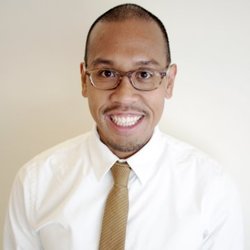 (image taken from linkedin.com)
(image taken from linkedin.com) Growing Up
Mike grew up in the Chino Hill suburbs in Southern California. Like Rod, as explained in his narrative in class, Mike also was not aware of his "Filipino-ness." He also had a tendency to shy away from the Filipino culture, a norm for many young Filipino-Americans due to generational colonial mentality. For instance, he was ashamed to always eat fish at home. It wasn't long until his views changed drastically.
The Start of "Filipino Knowledge"
Fortunately, many universities across America carry Filipino-Amerian organizations - especially in California. Even Skyline College, a community college in the Bay Area, has their very own "Kababayan (country men) Learning Community." Mike? He was a member in Cal Poly Pomona's "Barkada" (friends). Filipino organizations, like "Barkada," usually carry PCNs (Pilipino Cultural Nights). PCNs are annual Filipino-American theatrical performances that include singing, dancing, and acting created and performed by students in order to spread and preserve the Filipino culture in America. PCNs had Mike think of many questions and helped him understand his Filipino history. From there, his passion for Filipino history, culture, and overall knowledge grew and was cultivated with the help of "Barkada." He was surrounded by Filipinos his own age that were just excited by their own identity. Originally, Mike was interested in Computer Science, but was, instead, more intrigued with Ethnic Studies.
"What's the purpose of education? I can't just go for the money...but for a deeper purpose!"
Mike grew up in the Chino Hill suburbs in Southern California. Like Rod, as explained in his narrative in class, Mike also was not aware of his "Filipino-ness." He also had a tendency to shy away from the Filipino culture, a norm for many young Filipino-Americans due to generational colonial mentality. For instance, he was ashamed to always eat fish at home. It wasn't long until his views changed drastically.
The Start of "Filipino Knowledge"
Fortunately, many universities across America carry Filipino-Amerian organizations - especially in California. Even Skyline College, a community college in the Bay Area, has their very own "Kababayan (country men) Learning Community." Mike? He was a member in Cal Poly Pomona's "Barkada" (friends). Filipino organizations, like "Barkada," usually carry PCNs (Pilipino Cultural Nights). PCNs are annual Filipino-American theatrical performances that include singing, dancing, and acting created and performed by students in order to spread and preserve the Filipino culture in America. PCNs had Mike think of many questions and helped him understand his Filipino history. From there, his passion for Filipino history, culture, and overall knowledge grew and was cultivated with the help of "Barkada." He was surrounded by Filipinos his own age that were just excited by their own identity. Originally, Mike was interested in Computer Science, but was, instead, more intrigued with Ethnic Studies.
"What's the purpose of education? I can't just go for the money...but for a deeper purpose!"
Forming Identity
During his post-grad years was when Mike started to form his own identity. He joined SIPA (Search to Involve Pilipino Americans) and it was his "first taste of what it meant to be in a Filipino community." He then attended San Francisco State University pursuing Asian American Ethnic Studies and even had Rod as his mentor. From his experience and knowledge from Filipino organizations, he had a specific interest in WWII Veteranos. Mike attended JFAV (Justice For Filipino American Vets), VEC (Veterans Equity Center based in Soma & Mission) and in 2010, the Veterans/Community Rally was "craaaaazy." Mike saw an actual community get actively involved. After speaking with other Veteranos and Manongs from JFAV and other rallies, he realized that his own "lolo" (grandpa) was also a WWII vet and even used to have meetings at his house fighting for the Veterano Rights. A sense of enlightenment came over Mike. "What are you passionate about?" Ethnic Studies. Mike thought, "Wow! I can research my own topics! I never validated my own narrative!"
During his post-grad years was when Mike started to form his own identity. He joined SIPA (Search to Involve Pilipino Americans) and it was his "first taste of what it meant to be in a Filipino community." He then attended San Francisco State University pursuing Asian American Ethnic Studies and even had Rod as his mentor. From his experience and knowledge from Filipino organizations, he had a specific interest in WWII Veteranos. Mike attended JFAV (Justice For Filipino American Vets), VEC (Veterans Equity Center based in Soma & Mission) and in 2010, the Veterans/Community Rally was "craaaaazy." Mike saw an actual community get actively involved. After speaking with other Veteranos and Manongs from JFAV and other rallies, he realized that his own "lolo" (grandpa) was also a WWII vet and even used to have meetings at his house fighting for the Veterano Rights. A sense of enlightenment came over Mike. "What are you passionate about?" Ethnic Studies. Mike thought, "Wow! I can research my own topics! I never validated my own narrative!"
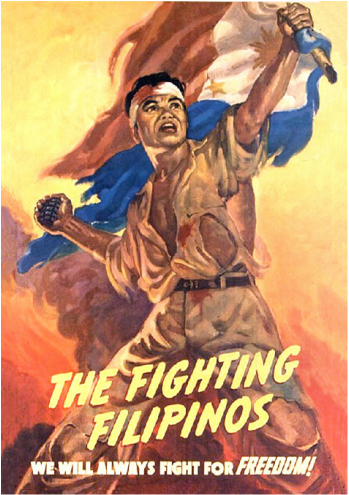
The Movement
"What have we won from this movement?"
Research frames the movement internally and externally. With that said, we must always look at all of our narratives as a holistic piece. When Mike pursued his career, he was not aware of numbers, but was more aware of his purpose and to form relationships in solidarity with the Manongs and with the rest of the Filipino community. He even mentions the importance of humanity when he describes that the "lolos/lolas" are actually more eager to validate the narratives than their pensions - but let's be honest, when are we ever gonna get those, di ba? With that said, this is just a perfect example of "KAPWA," the idea that the well- being of the group is more important than one's self. People of color must support each other. The Veteranos' issues tie in with colonial mentality and imperialism. The Veterans' movement shows that the issue is racist. Mike preaches that school, academics, and learning are powerful resources and people should apply education wisely to their lives. Unfortunately, Ethnic Studies can't solve everything. "The reality is: There is still racism and we are still marginalized." Things have gotten better, but we are still looking to improve society. And it's up to us.
~Venus Grace Cayabyab
"What have we won from this movement?"
Research frames the movement internally and externally. With that said, we must always look at all of our narratives as a holistic piece. When Mike pursued his career, he was not aware of numbers, but was more aware of his purpose and to form relationships in solidarity with the Manongs and with the rest of the Filipino community. He even mentions the importance of humanity when he describes that the "lolos/lolas" are actually more eager to validate the narratives than their pensions - but let's be honest, when are we ever gonna get those, di ba? With that said, this is just a perfect example of "KAPWA," the idea that the well- being of the group is more important than one's self. People of color must support each other. The Veteranos' issues tie in with colonial mentality and imperialism. The Veterans' movement shows that the issue is racist. Mike preaches that school, academics, and learning are powerful resources and people should apply education wisely to their lives. Unfortunately, Ethnic Studies can't solve everything. "The reality is: There is still racism and we are still marginalized." Things have gotten better, but we are still looking to improve society. And it's up to us.
~Venus Grace Cayabyab
Inside the Mind of "The Rodfatha," A Narrative
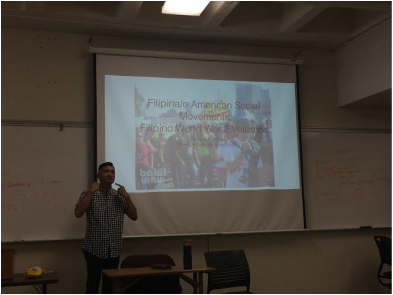
Before jumping into the Google Hangout Filipino Veteranos lecture with our guest speaker and writer of the thesis, "Negotiations of Legitimacy: The Movement for Filipino American Veteranos' Equity," Professor Mike Rabaja Pedro, Rod warmed up the class by giving us his narrative.
Rod explains how he didn't get into Filipino activism until college. Like many of his students, especially Filipina/o-American students in his classes, Rod wouldn't think that Filipinos faced any oppression from the United States prior to attending any Ethnic Studies-related courses. He then delves into the importance of really taking the time to know your history. With that said, he reminisces and narrates how his grandma "took one for the team" in which she married in order to access America for a better life, a concept many of us second-generation kin can sympathize with. He then speaks about how his own family members who fought in WWII haven't got their well-deserved pensions yet and emphasizes the epic-ness of his family members by explaining how they even breathed through bamboo sticks so they wouldn't get caught, and etc.
Leaving that in perspective of his students, Rod then answers the question that is:
"What is the importance of passing on narratives?"
- To share our story, our counter-narrative, that is usually hindered and cast in the shadows by the meta-narrative from the Anglo-Saxon race (aka "the white people")
- Our narratives are undoubtedly part of our own history and without history, we aren't able to full know who we really are
- It is our duty to pass on our narratives in order to build a better future for future generations to come, without any propaganda
"Sinigang over ERRYTHANG!" - Manong Wiz Khalifa
Our barangay, our crew, our GANG, is called "Sinigang." We are hot, flavorful, good all year, and sometimes even salty and sour, but nonetheless - proudly Pilipino/a.
To know more about these Sinigangsters, keep on reading. :)
To know more about these Sinigangsters, keep on reading. :)

Hello, everyone! My name is Venus Grace Cayabyab. I am 20 years old and embarking on my last and 3rd year here at Skyline College. I've also been super active within the Kababayan Learning Community as I've been attending several KLC classes, been working as a Kababayan English Supplemental Instruction Leader, the lead actress of 2014's PCN, and KLC's 10th PCN Producer. Needless to say, I've invested a lot of time to KLC and have learned and continue to learn so much about my Filipino culture. I am majoring in English in the hopes to become an English professor one day. I plan to transfer to USF and enroll in their Dual Degree Teacher Preparation Program. I'm an Aries. I love God, my family, Mexican food, pumpkin spice lattes with one pump of white mocha, planners, spontaneous adventures, reading, YouTube/Netflix binging, a wide array of music from indie to 80's pop to hip hop, shopping for good deals on quality clothes, Siberian huskies, and the quote, "Life isn't about waiting for the storm to pass - it's about learning to dance in the rain" to name a few.
Author
Write something about yourself. No need to be fancy, just an overview.
Archives
December 2015
November 2015
October 2015
September 2015
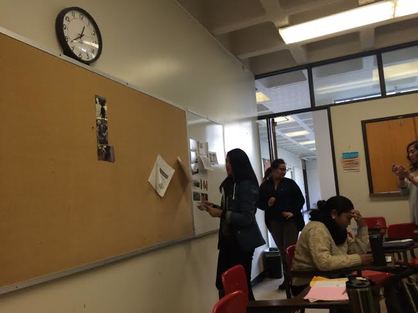
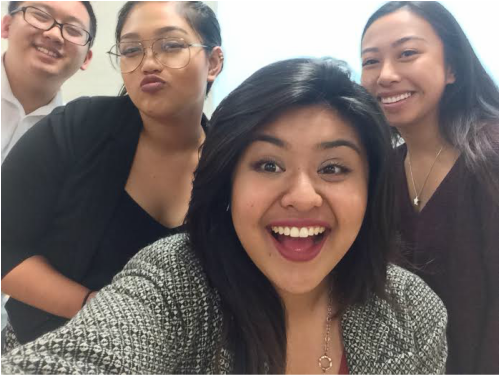


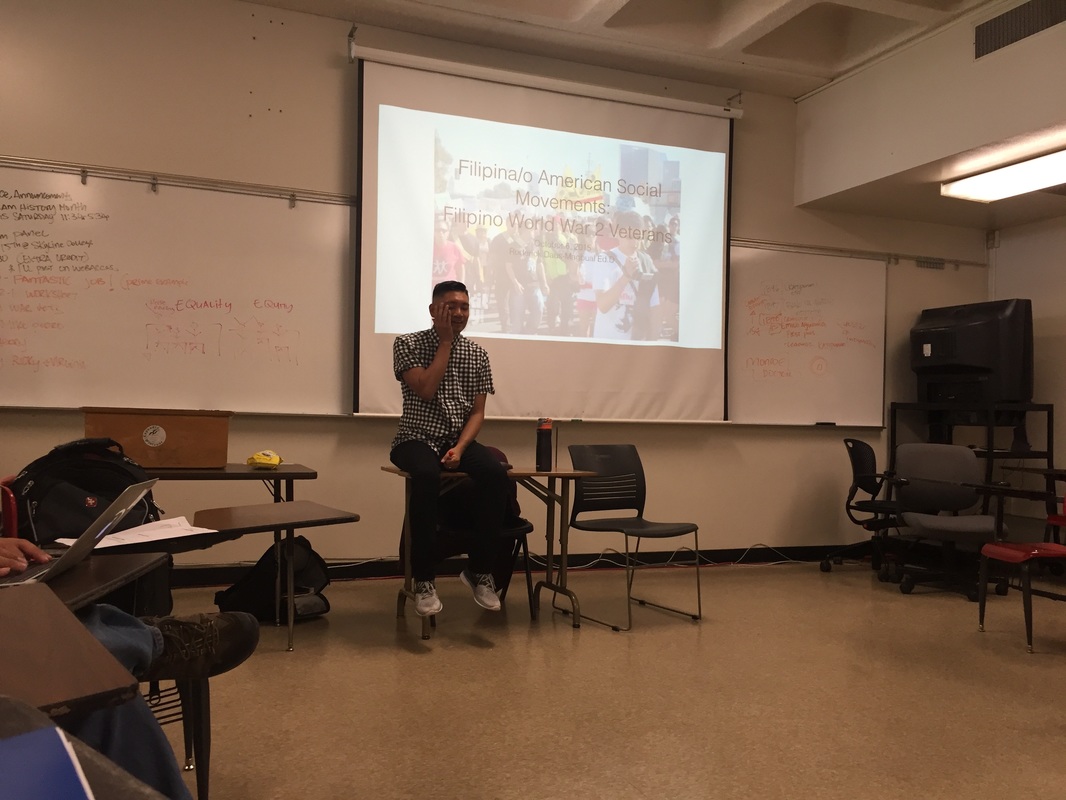
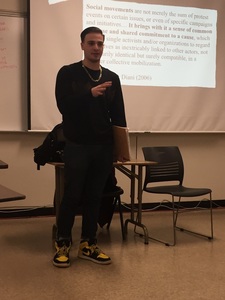
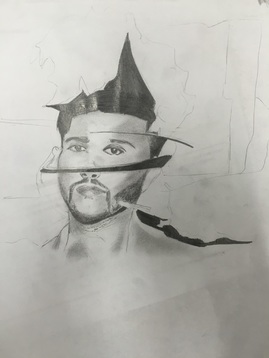
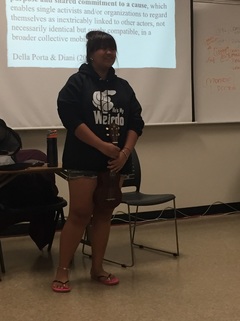
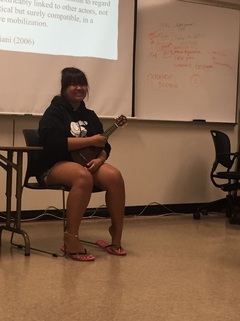
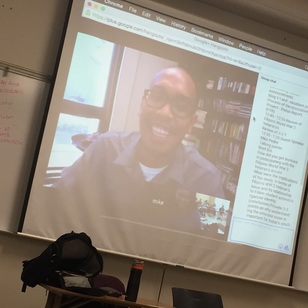
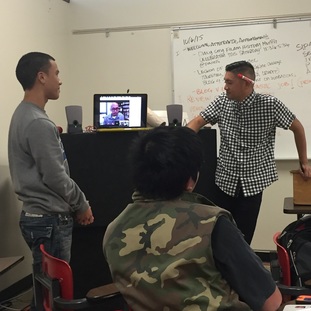
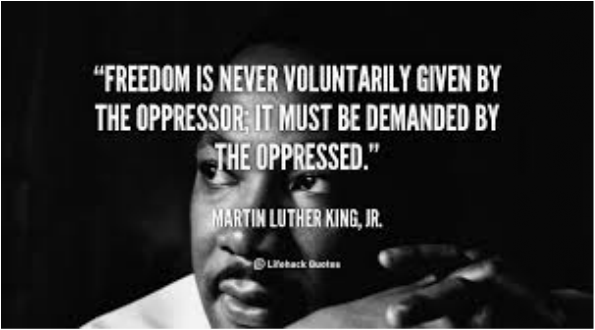
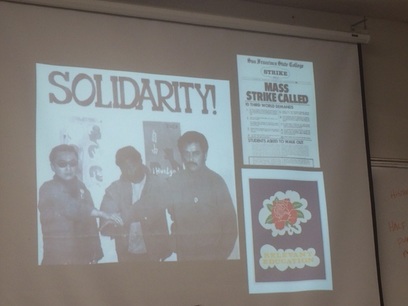
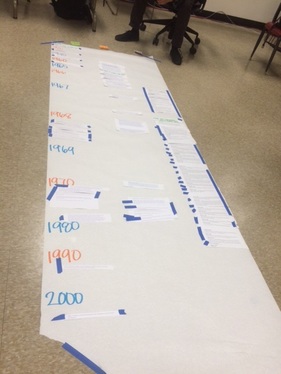
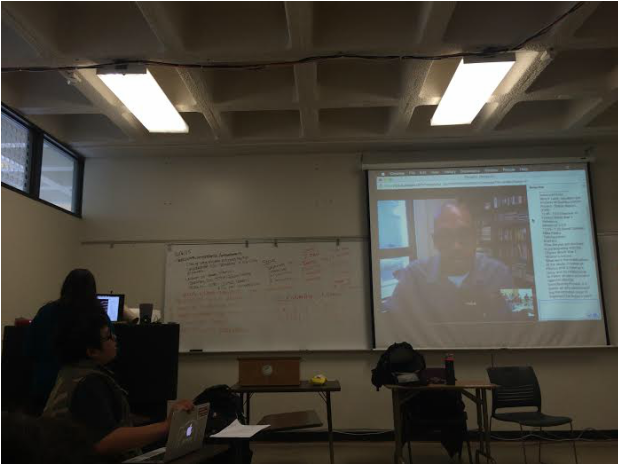
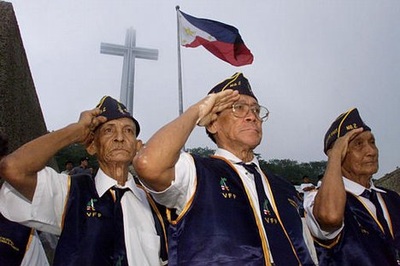
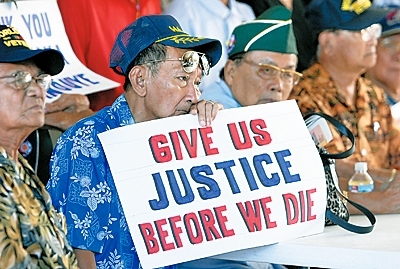
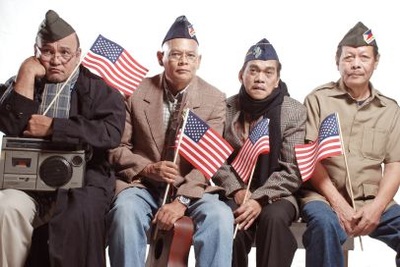
 RSS Feed
RSS Feed
